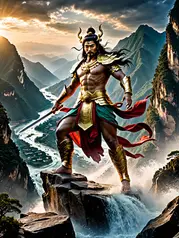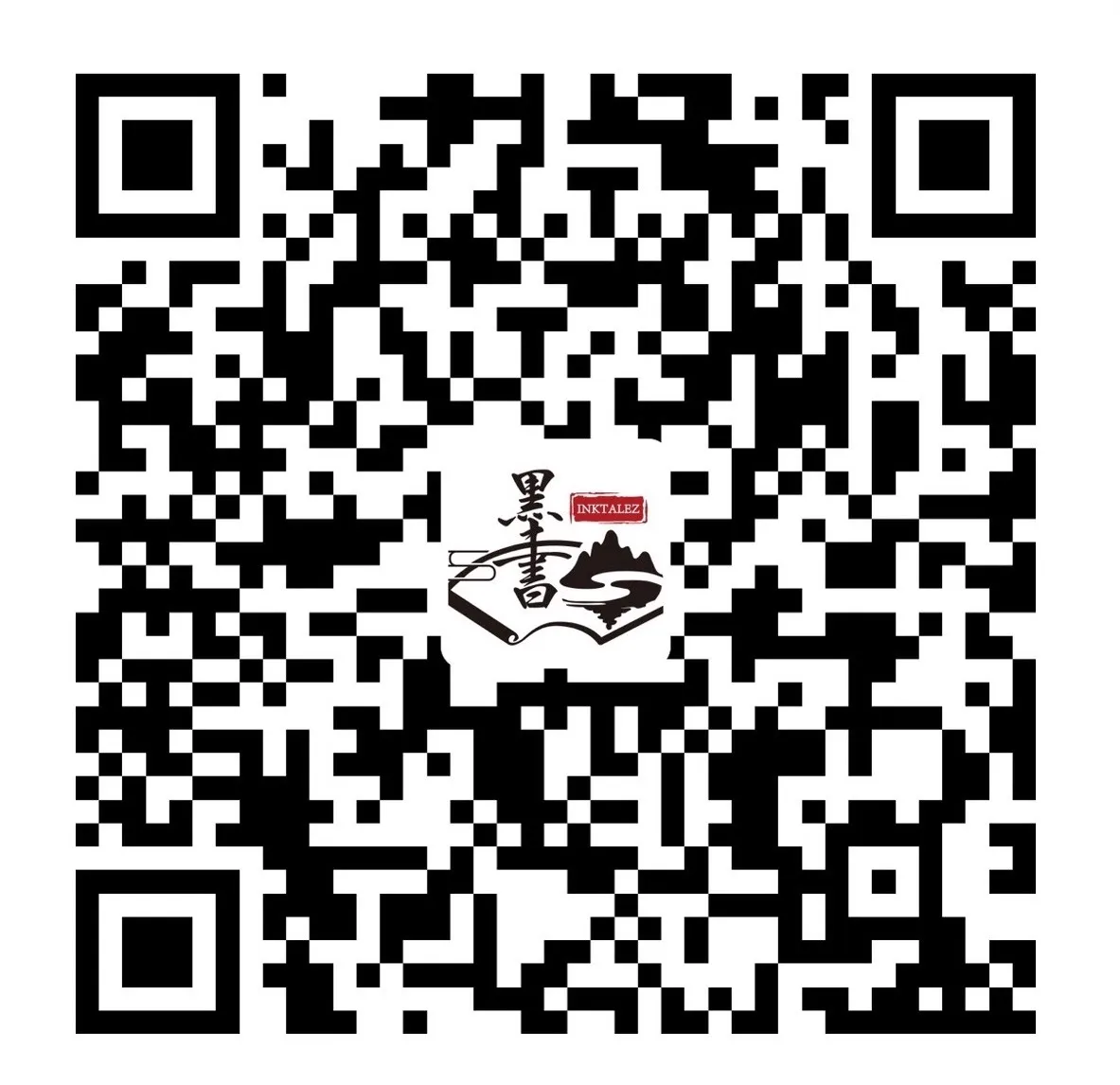The pained cries of the Tibetan man stirred the crowd and reached the Lama Temple across the river. A few Lamas rushed over, carrying a Copper Pot. Inside the Copper Pot was the Medicinal Tea prepared by the Lamas for pilgrims visiting the sacred mountain, brewed from Snow Water and local herbs to dispel cold and purify. While it may not cure all ailments, it certainly could uplift one's spirits.
As the Lamas hurried to the scene, one of them took the hand of the fallen Tibetan man, reciting prayers, while the others inquired about his condition. Upon learning that he was suffering from late-stage cancer, their expressions turned somber, filled with compassion for his plight.
These Tibetans firmly believed that the sacred mountain was more effective than hospitals, perhaps even more so than herbal medicine—a truly tragic notion. The Lamas, who lived near the mountain year-round, understood better than anyone whether it could heal. If the mountain could cure ailments, why would there be a need for hospitals or Tibetan Medicine?
Of course, they kept their thoughts to themselves. The patients who came to the sacred mountain were often in dire straits, with little time left; it was their last hope. In their final moments, clinging to a shred of hope, how could the Lamas bear to shatter that illusion?
Seeing the Lamas shake their heads and sigh, other sick Tibetans who had come to pray felt a wave of despair wash over them. It seemed that even the sacred mountain could not save them now; a sense of loss and sorrow spread through the crowd.
Qian Wenwu and Chen Shuifeng, among the wealthy elite present, showed no visible change in expression upon hearing this.
"Ah, poverty is a sin," Qian Wenwu remarked casually. "Cancer isn't truly incurable. A few years ago on Hong Kong Island, they developed an effective drug that isn’t even that expensive—just hundreds of thousands."
"That cancer drug from Hong Kong Island may be effective," Li Chengdu chimed in, "but I’ve heard some cancers have developed resistance. You might need to take several times the dosage for it to work."
"Then just spend a bit more money; I think five hundred thousand should cover it. After all, I know plenty of people who have had cancer," Sun Rong added nonchalantly.
"Exactly! Poverty is a sin! These people? I doubt they could even scrape together fifty thousand," Chen Shuifeng echoed.
Their words echoed like those ignorant comments about "Why not eat meat porridge?"—shallow and uninformed. They had grown up in luxury and could easily spend hundreds of thousands on a night out at clubs without realizing that some people might never earn that much in their entire lives.
It wasn't that these individuals were lazy; on the contrary, they worked harder than anyone else. However, hard work might ensure a comfortable life but couldn't guarantee freedom from illness. For most people, hard work equated to cheap labor.
"I hope the sacred mountain can truly eliminate diseases," Xiong Sumei murmured softly as she gazed at the mountain.
Jiang Chen observed this scene with a slight sigh in his heart. Life and death were inevitable; even in the Xiu Xian World, one could not escape them. Yet Jiang Chen still felt compassion for those suffering.
"Sir, may I borrow your water bottle?" Jiang Chen suddenly spoke up.
The elderly man standing nearby snapped back to reality and quickly handed over his water bottle to Jiang Chen. It was empty, so Jiang Chen went directly to collect Snow Water from the Xiao Shan Jue stream at the sacred mountain.
Seeing this, the old man thought nothing of it; he assumed Jiang Chen was simply thirsty. He glanced down at his grandson, whose face was pale and whose condition had not improved.
"Oh, sacred mountain," he silently pleaded, "please show mercy and save my grandson. He is still so young." The old man's expression was filled with sorrow as he prayed for help.





![]() 30
30
![]() 50
50
![]() 100
100
![]() 200
200
![]() 1000
1000
![]()
![]()

Comment 0 Comment Count